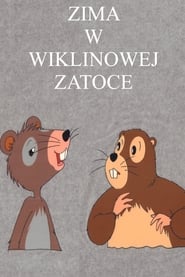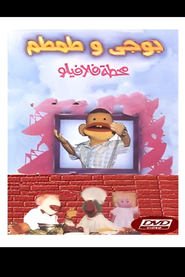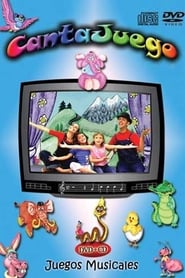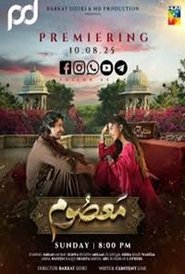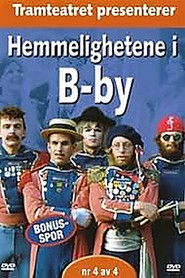Family TV Series - Page 420
-
Dr Cath and Co
2014
Dr Cath and Co
2014
-
Ainsley's Gourmet Express
2000
Chef Ainsley Harriott is on a mission to produce maximum flavours in minimum time. Taking inspiration from around the world, he explains how to make wonderful food as quickly as possible. -
Jackpot
2008
Jackpot
2008
In every episode, a couple plays with a giant roulette to win money answering questions -
Singing in the Car
2016
Singing in the Car
2016
-
Bougy & Tamtam: Falafilo's Station
0000
A family cartoon series about the siblings Bougy and TamTam, where their TV station (Flafilo) faces a crisis while searching for a camera lens. Bougy suggests temporarily shutting down the channel, but TamTam refuses and gets into a conflict with Zika, who wants to air old tapes without a presenter. Meanwhile, Zika secretly plans to establish a rival station to Flafilo. -
Altair in Starland
2004
Altair in Starland
2004
star 5Altair, growing up in the bizarre world of the Starish people, he has a blast. He rides on roller coasters that design themselves, he has a star-herding green dog, and he can fly. What more could a boy want? -
Very Kind
1998
Very Kind
1998
-
Cantajuego
2005
-
Doc Canada
2017
Doc Canada
2017
-
Ism e Yaraan
2025
Ism e Yaraan
2025
Azfar Rehman Shahbaz Sigri and Zainab Shabbir To Do a drama titled ism E Yaran it also stars zharlay sarhidi -
Svansen i kläm
2018
Svansen i kläm
2018
-
Et glimt af Danmark
2015
Et glimt af Danmark
2015
-
Bobinogs
0000
Bobinogs
0000
star 10Bobinogs is a children's television programme shown most recently on the BBC channel CBeebies in the UK. It debuted for a Welsh audience, but in 2003 started being broadcast in the English market. It originally featured a child and three characters who lived in his hat: inanimate when he was present, but active when he was out. This aspect of the series was later dropped dropped; the characters are now active from the beginning of the programme. The three main characters play in a band. A typical episode involves them trying to solve some sort of problem, then performing a song about it at the end. At one point in the episode they will obtain a clue to the problem's solution by looking through their "bobinoculars", which show video footage from the real world. Bobinogs has been sold to television stations throughout the world since its launch in 2003. -
Masoom
2025




